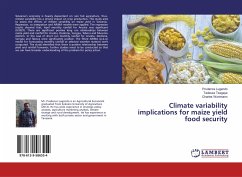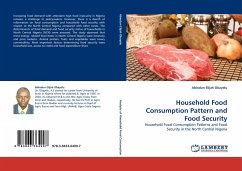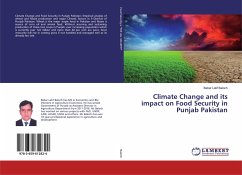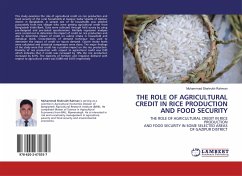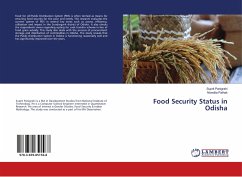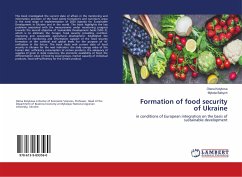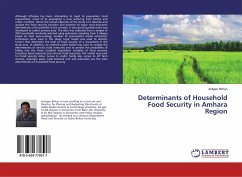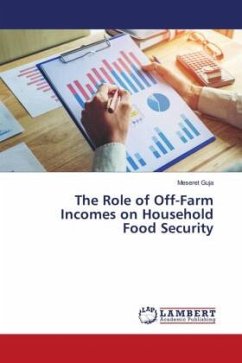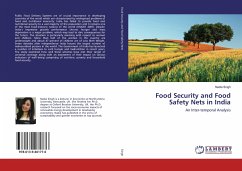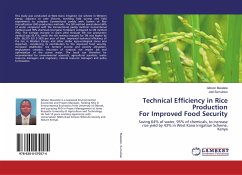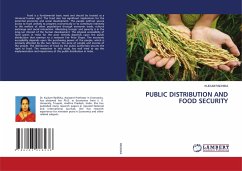
PUBLIC DISTRIBUTION AND FOOD SECURITY
Versandkostenfrei!
Versandfertig in 1-2 Wochen
50,99 €
inkl. MwSt.

PAYBACK Punkte
25 °P sammeln!
Food is a fundamental basic need and should be treated as a Universal human right. The food also has significant implications for the potential economic and social development. The people without secure access to food unlikely to progress economically or to contribute indirectly to the welfare of other populations through economic trade, cultural exchange and social interaction. Alleviating hunger and poverty is in the long-run interest of the human development. The physical accessibility of food grains in India for the poor entirely depends upon the public distribution that exertion to a netw...
Food is a fundamental basic need and should be treated as a Universal human right. The food also has significant implications for the potential economic and social development. The people without secure access to food unlikely to progress economically or to contribute indirectly to the welfare of other populations through economic trade, cultural exchange and social interaction. Alleviating hunger and poverty is in the long-run interest of the human development. The physical accessibility of food grains in India for the poor entirely depends upon the public distribution that exertion to a network Fair Price Shops. The economic accessibility depends upon the purchasing power of the people, which is primarily affected by the two factors, the price of people and income of the people. The distribution of food by the public authorities secures the right to food. The researcher in this study, has well tried to say the implementation and importance of the public distribution in India.



